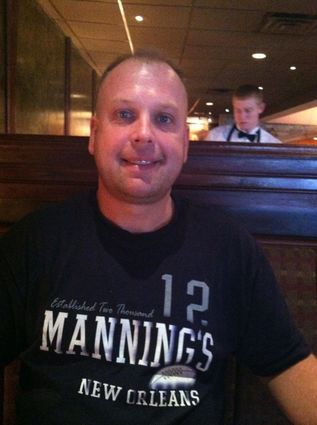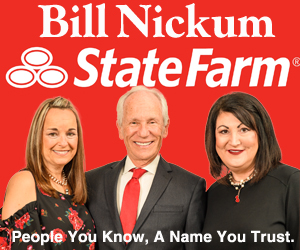Opening prayer for government meetings under fire
Last updated 12/24/2013 at Noon
As people everywhere get into the Christmas holidays and the “reason for the season,” the U.S. Supreme Court has listened to arguments and has begun debating whether the opening prayer before government meetings are constitutional.
It all began when two women brought suit against Greece, New York, officials, when they objected to the monthly public sessions on government which opened with invocations. The women have said the meetings are overwhelmingly Christian in nature and the problem increased over the years.
A divided Supreme Court began debating whether public prayers at a town’s board meetings are permissible and has looked into the country’s history of religious acknowledgment in the legislature and the court’s own traditions.
The hour of sharp oral arguments presented another contentious case over the intersection of faith and the civic arena. The court’s conservative majority appeared to have the votes to allow the policy to continue in some form, but both sides expressed concerns about the level of judicial and government oversight over the content presented by members of a particular faith.
“We are a very religiously diverse country,” said Justice Samuel Alito, who worried about the town officials articulating binding guidelines on what can be said. “All should be treated equally. So I can’t see how you can compose a prayer that is acceptable to all these” religions.
But Justice Sonia Sotomayor worried about the effect on local citizens who choose not to stand and bow their heads when asked during a public prayer. “You think any of those people wouldn’t feel coerced to stand?”
The high court began its public session Wednesday as it has for decades, with the marshal invoking a traditional statement that ends, “God save the United States and this honorable court.”
A federal appeals court in New York found the board’s policy to be an unconstitutional violation of the Constitution’s Establishment Clause, which forbids any government “endorsement” of religion. Those judges said it had the effect of “affiliating the town with Christianity.”
Congress and state legislatures regularly open their sessions with a prayer. The question in part before the court is whether local government bodies are different, in that there might be more active involvement with the local citizenry, who may want to personally petition the town in zoning, tax, and other matters.
Nearly every Monday there is a meeting with the Orange County Commissioners. County Attorney Doug Manning leads the opening prayer and has strong feelings about his beliefs.
“It’s very important to me. I know the Founding Fathers invoked the aid of deity any time they entered upon any great and laudable undertaking. As a Christian, I know that the Judeo Christian ethic is interwoven into the fabric of our government and society,” Manning said. “The Founders wanted freedom of religion not freedom from religion.”
But, the lawyer for the women supported by Americans United for Separation of Church and State and has said unlike most legislatures, there was no official policy on prayers in Greece.
The high court has generally taken a case-by-case approach on determining when the state intrudes unconstitutionally into religion. They have generally allowed faith to be acknowledged on a limited basis in a public forum. “In God We Trust” remains on currency; the Pledge of Allegiance and oaths of office mention a creator; and menorah and creche displays are permitted in local parks.
However, the justices have acknowledged the tricky line they must walk in all areas, such as politically, socially and legally when deciding Establishment Clause appeals.
Their decision will be handed down in the upcoming months. Many, like Manning are awaiting the outcome.
“I do not believe that they will vote that it be discontinued, “ Manning said. “They may move to try to secular it or make it citizen led only.”
But, according to Manning, this action may be hard to follow on the federal level because the U.S. Congress has their own paid chaplain.
If they do ban or restrict it, Manning predicts widespread civil disobedience and Manning has already decided what he is going to do.
“ One of the things we learned in law school is to decide when and where you will be willing to go to jail for your beliefs. We were told to keep a clean toothbrush for just such an occasion. I recently bought a new toothbrush.”














Reader Comments(0)